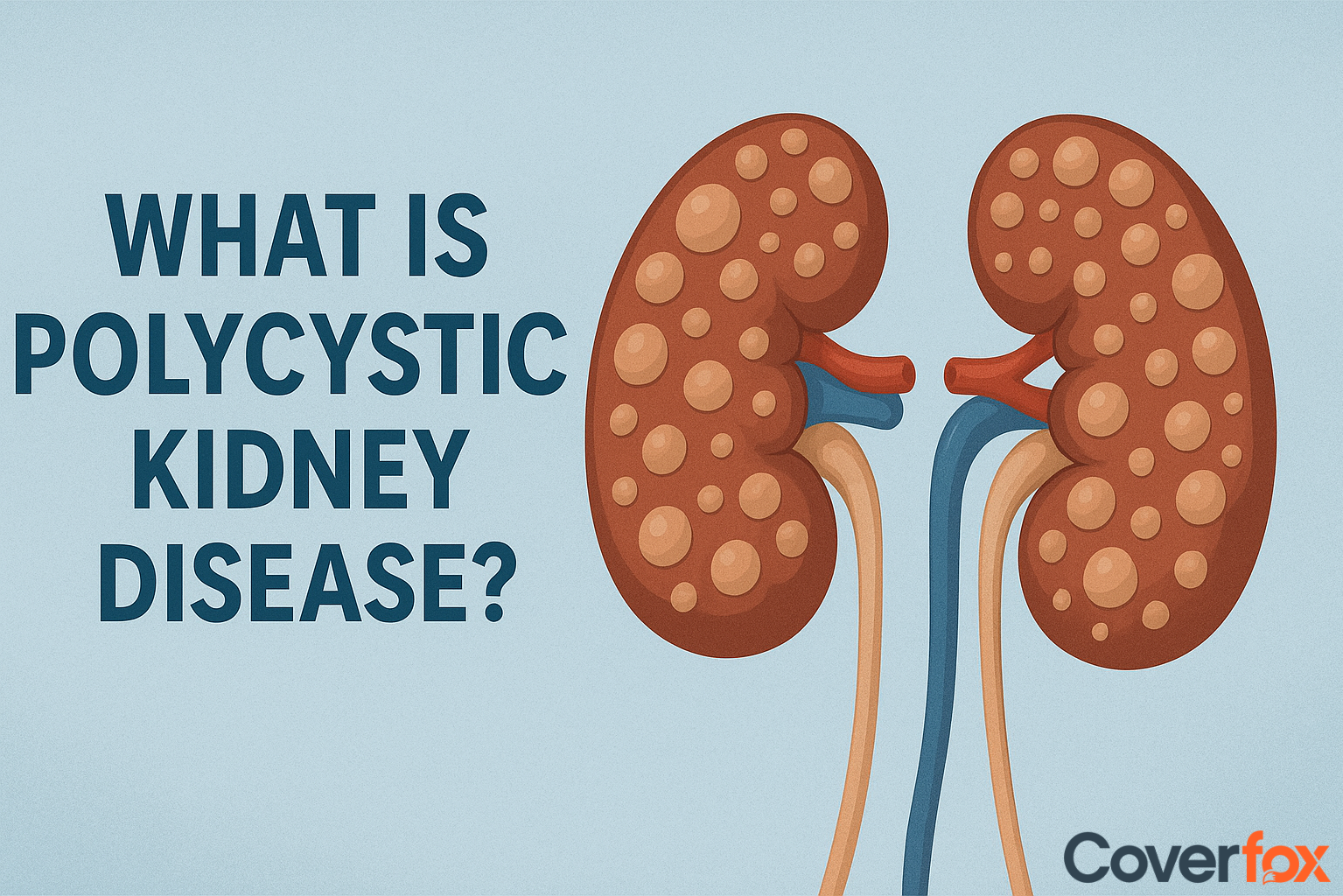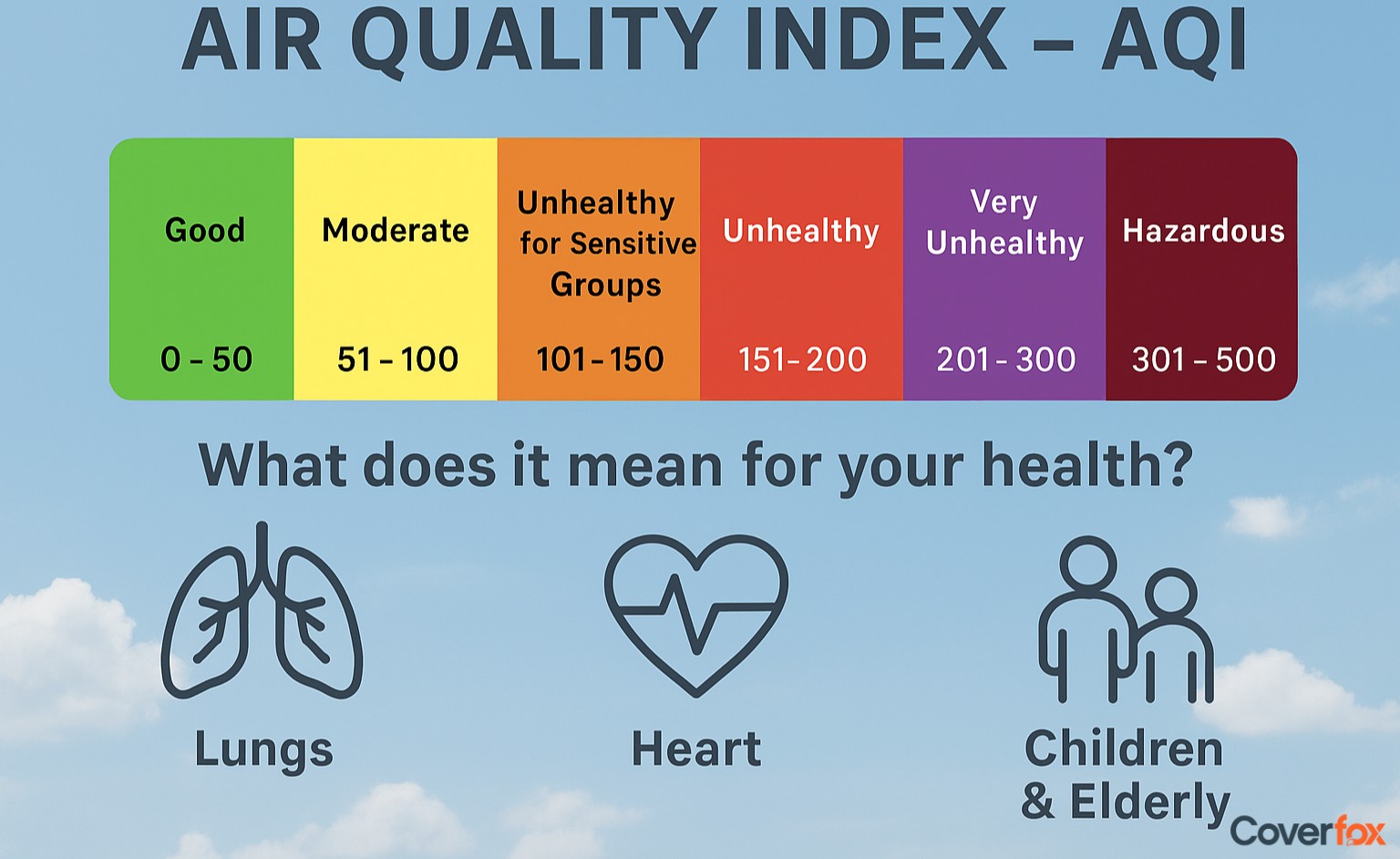Human Metapneumovirus, recently, has turned out to be one of the new emerging diseases reported in various places such as India, China, and many others. It's a respiratory virus that presents threats somewhat similar to those of influenza and RSV; therefore, symptoms, modes of transmission, and prevention methods have to be recognized.

At present, with increased numbers of patients diagnosed with the infection, appropriate health insurance becomes an essential determinant in coping with the expenses that will incur with treatment and treatment care.
What is Human Metapneumovirus (HMPV)?
Human metapneumovirus was first identified in the year 2001. This is a human respiratory virus within the Paramyxoviridae family, similar to RSV and measles. Its main target area is the respiratory system, which means it could cause a myriad of diseases that range from just mild cold symptoms to severe infections in the respiratory areas.
Symptoms of HMPV
The symptoms of HMPV are alike to those of other respiratory viruses; however, this can differ at severity depending on an individual's age, immunity, and existing health condition. There are typically:
- Mild Symptoms
- Cough
- Runny or congested nose
- Sore throat
- Mild fever
- Severe Symptoms (primarily among the high risk groups: the elderly, old children, and immunocompromised people)
- High fever
- Wheezing
- Shortness of breath
- Bronchitis
- Pneumonia
How is HMPV Transmitted?
HMPV spreads through respiratory droplets when an infected person coughs or sneezes. It can also be transmitted by touching contaminated surfaces and then touching the face, eyes, or mouth. Close contact with infected individuals increases the risk of transmission.
High-Risk Groups
Although HMPV can affect people of all ages, certain groups are at higher risk of developing severe complications, including:
Infants and young children
Elderly people
Patients with chronic respiratory diseases, such as asthma or COPD
Immunocompromised patients, including cancer treatment patients or HIV/AIDS patients
Diagnosis and Treatment
There is no specific antiviral treatment for HMPV. Diagnosis usually involves:
Clinical Evaluation: Based on symptoms and medical history.
Laboratory Tests: PCR or antigen tests in order to validate the presence of the virus.
Treatment
This is symptomatic and consists of relieving symptoms:
Over-the-counter fever and pain-relieving medications
Hydration as a means to prevent dehydration.
Oxygen treatment or hospital care for severe forms.
Preventive Measures
Hygiene: Hand washing with soap and water more frequently than recommended, for 20 seconds, respectively. Do not touch your face, especially the nose, mouth, and eyes.
Social Distancing: Avoid close contact with individuals who have respiratory symptoms. Stay home if you are not feeling well.
Respiratory Etiquette: Cover your mouth and nose with a tissue or elbow when coughing or sneezing. Dispose of used tissues immediately.
Disinfection: Clean and disinfect frequently touched surfaces and objects.
Vaccination and Immunity: There is no vaccine for HMPV as of now. However, one can prevent the co-infection by keeping healthy and updated with other vaccinations like influenza.
The Role of Health Insurance in Managing HMPV
The financial costs of treating respiratory infections such as HMPV can be high, especially if it leads to hospitalization. A good health insurance plan prepares you for any unexpected medical expenses. Here's how health insurance can help:
Hospitalization Coverage: Health insurance policies cover hospitalization expenses, including room charges, doctor consultations, and treatment costs for severe respiratory infections.
Cashless Treatment: Many insurers provide cashless facilities at network hospitals, which do not require the policyholder to make advance payments in case of a medical emergency.
Pre and Post-Hospitalization Benefits: In most comprehensive health insurance plans, the costs for diagnostics, consultations, and follow-up care due to HMPV are covered.
Critical Illness Riders: Critical illness riders can be entitled for enhanced financial backup to those having underlying conditions which may lead to severe complications.
Telemedicine and OPD Benefits: Policies with OPD and telemedicine services allow the easy availability of consultation on the onset of early symptoms without having to visit a hospital.
Why Coverfox?
At Coverfox, we realize the need for preparation against health issues such as HMPV. Here is how we can help you out: Tailor-made Policies: We will assist you in choosing health insurance plans that meet your specific requirements, thereby including coverage for respiratory diseases.
Expert Guidance: Our team helps you understand difficult policy terms and assists you in making the right decisions.
Seamless Claim Support: From documentation to settlement, we ensure hassle-free claims for you.
Conclusion
Human Metapneumovirus is a growing health concern, and staying informed is the first step toward safeguarding your health. By following preventive measures and ensuring robust health insurance coverage, you can mitigate the risks associated with HMPV and similar illnesses. At Coverfox, we’re committed to protecting you and your loved ones with comprehensive health insurance solutions tailored for every need.





